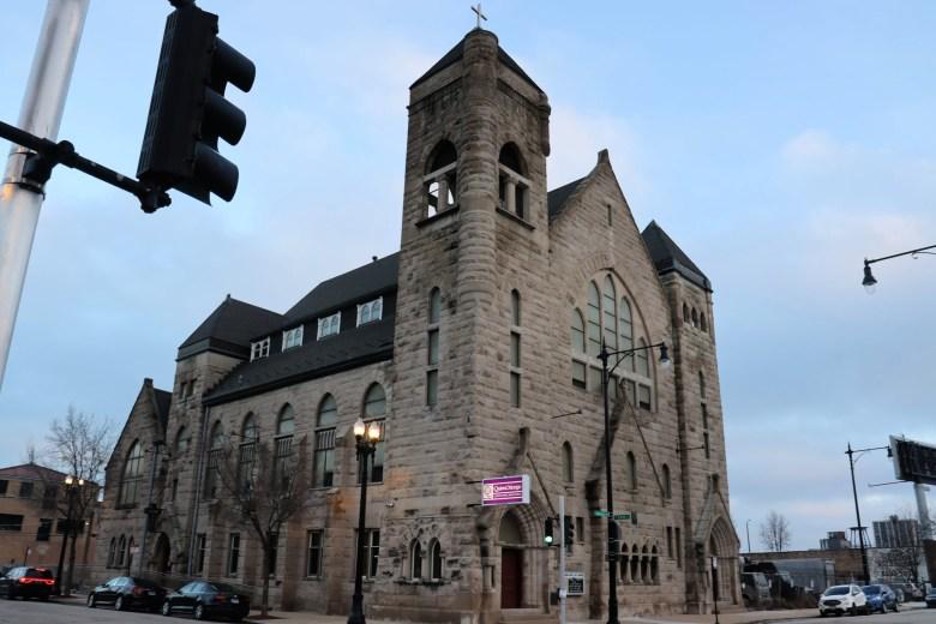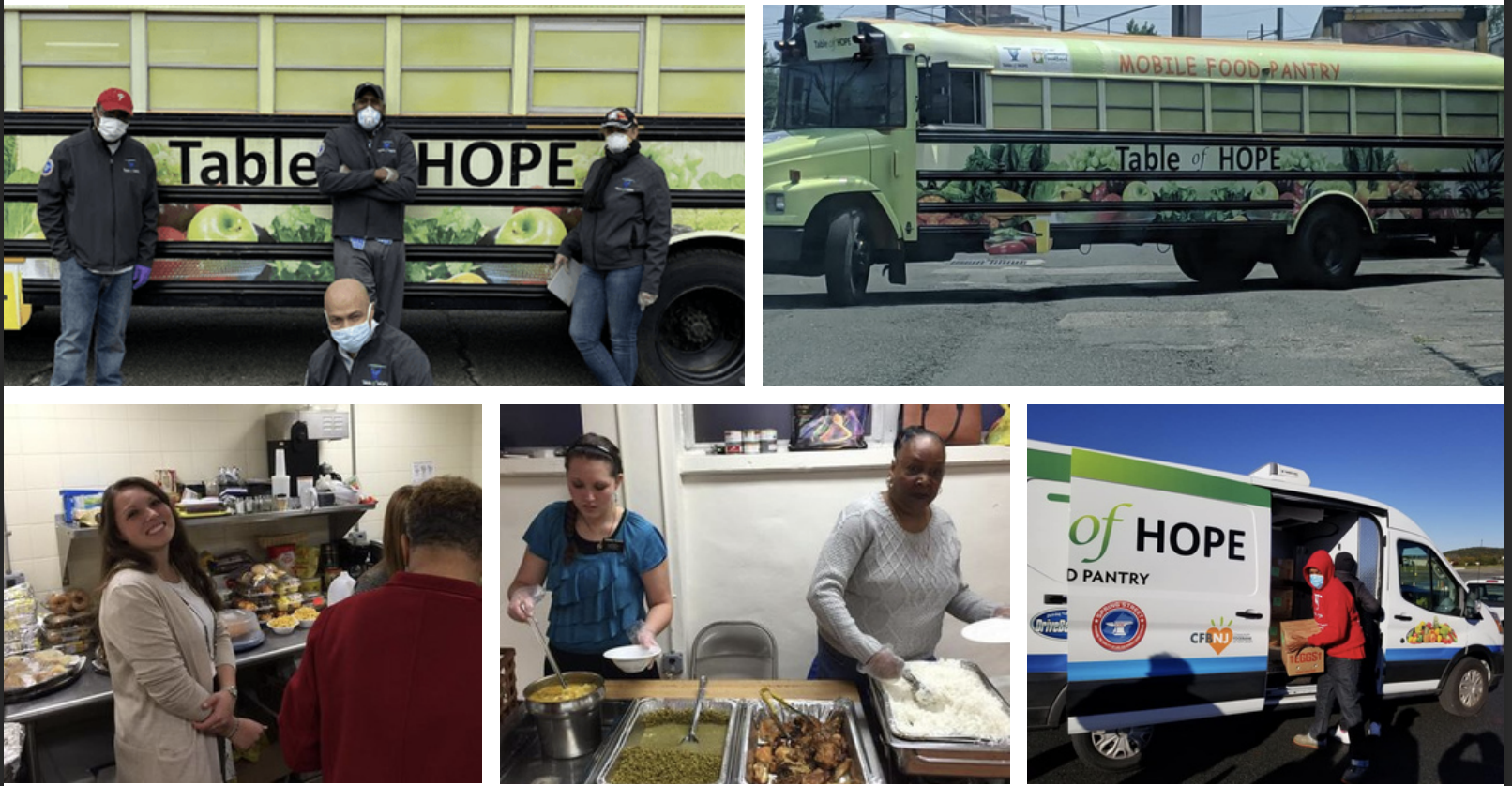Coronavirus: The Need for Solidarity
By Rev. Betty Whitted Holley, Ph.D.
We, as people of God, are broken before God. We are turned in on ourselves, away from God and others. We sew discord and dissension. We hurt one another and abuse what we have been entrusted for which to care, mainly Earth, our only home.
Jesus came to reconcile us with God. God meets us in our brokenness and restores our relationship with God and one another. God desires our reconciliation with one another so that we no longer exploit, abuse, or waste. We continue to be imperfect but we are constantly called back into reconciliation with God, even during this horrific coronavirus pandemic we now face on a global level.
The coronavirus pandemic calls us to be in solidarity, to “walk together,” through the request of wearing masks and practicing social distancing for our individual and collective survival as people of God. One of the best biblical stories to illustrate the understanding of what it means to walk together can be found in Luke 24:13-35.
This passage is commonly known as “On the Road to Emmaus.” Jesus has died and is no longer in the tomb. The disciples and Jesus’ loved ones have experienced quite a traumatic preceding 72 hours. At this juncture in scripture, two of the disciples are walking and discussing what has happened. Unknowing to them, Jesus joins them.
This text helps undergird an understanding of what it means to be in solidarity—walking together—and the need to form authentic, lasting relationships. Authentic relationships formed will not only last but enable a connection and interconnection of all of God’s people. It is through the connection and interconnection in these formed authentic relationships and in these places and spaces that reconciliation and healing occur.
Reconciliation, God’s mission for God’s people, forces the scales to be removed from the eyes, allowing us to see others from God’s point of view. Old ways of seeing and relating are deleted! Reconciliation through Christ means being in solidarity or relationship which is all part of the body of Christ. Christians are not just called to love those who love and understand Christians. Rather, Christians are called to love and work extremely hard to understand others.
To survive this coronavirus pandemic, God’s people must model mutuality. That means they must understand reciprocity, trust, and recognize gifts within each other. To survive this coronavirus pandemic, God’s people must model inclusivity. That means they must become hospitable and honest about the assumptions and walls relative to ministry. To survive this coronavirus pandemic, God’s people must model vulnerability. That means they must give up power and become open to new relationships and experiences. To survive this coronavirus pandemic, God’s people must model empowerment. That means they must support others as they claim their power. To survive this coronavirus pandemic, God’s people must model sustainability. That means they must dedicate time to cultivate and nurture relationships.
In this coronavirus pandemic, solidarity shifts our focus on what is best for us and our community and turns us toward what is best for the larger community. Wearing masks and social distancing are working in solidarity to save the whole of God’s community.





